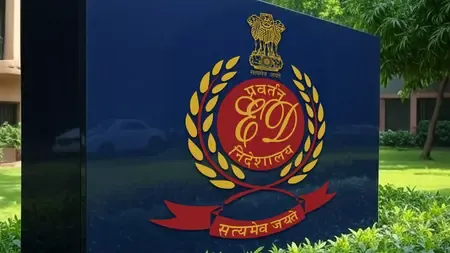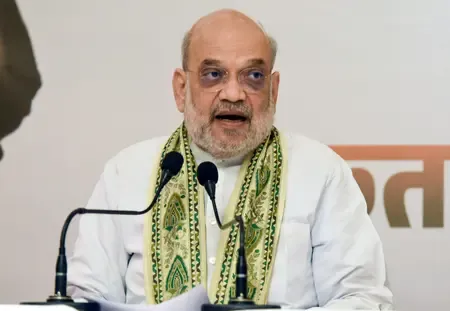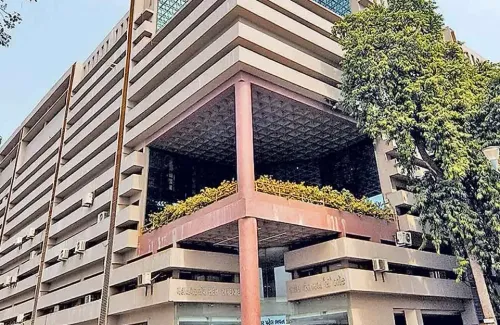Did the ED File a Charge Sheet in the Rs 3.92 Crore Money Laundering Case?

Synopsis
Key Takeaways
- ED files charge sheet against Avon Cold Storage.
- Allegations of fraudulent loans and forged documents.
- Investigation revealed Rs 3.92 crore siphoned off.
- Ongoing investigations continue to uncover deeper fraud.
- Legal implications for corporate accountability.
Ahmedabad, June 3 (NationPress) The Enforcement Directorate (ED), Ahmedabad Zonal Office, has lodged a charge sheet against M/s Avon Cold Storage Private Limited under the Prevention of Money Laundering Act (PMLA), 2002.
The charge sheet was presented to the Special Court (PMLA) on May 31, which has since acknowledged the issue.
This action by the ED follows an FIR filed by the Central Bureau of Investigation (CBI), Anti-Corruption Branch (ACB), Gandhinagar. The FIR implicated the company's directors, private individuals, and public officials, alleging a criminal conspiracy to deceive the Union Bank of India (formerly Andhra Bank).
According to the FIR, the defendants submitted forged documents and falsified records to fraudulently obtain a loan. The ED's investigation determined that M/s Avon Cold Storage accessed term loan facilities from Union Bank based on bogus proforma invoices purportedly issued by M/s Patmax Engineers Private Limited.
Funds intended for the purchase of equipment to establish a cold storage facility were instead misappropriated through a network of entities and ultimately withdrawn in cash totaling Rs 3.92 crore, leaving no legitimate financial trail. The investigation further revealed that the loan funds were diverted for purposes unrelated to those specified in the loan agreement.
Currently, movable and immovable assets valued at approximately Rs 1.30 crore have been provisionally seized by the ED. Officials confirmed that an extensive investigation into the case is ongoing.
In May of this year, the ED executed raids in Ahmedabad, focusing on alleged financial misconduct related to Waqf properties.
This investigation targeted individuals accused of unauthorized trusteeship and illegal constructions on trust properties, culminating in illicit income generation. Seized assets included Rs 30 lakh in cash and Rs 7 lakh worth of cryptocurrency, alongside bank balances totaling Rs 2 crore.
In October 2024, the ED conducted raids on 23 locations across Gujarat, including cities such as Ahmedabad, Rajkot, and Surat, in relation to a GST fraud case. The investigation focused on M/s Dhruvi Enterprises and others, who allegedly created over 220 shell companies to fraudulently claim input tax credits through fictitious invoices, without actual supply of goods or services. This scheme has raised alarms regarding large-scale tax evasion and money laundering.









